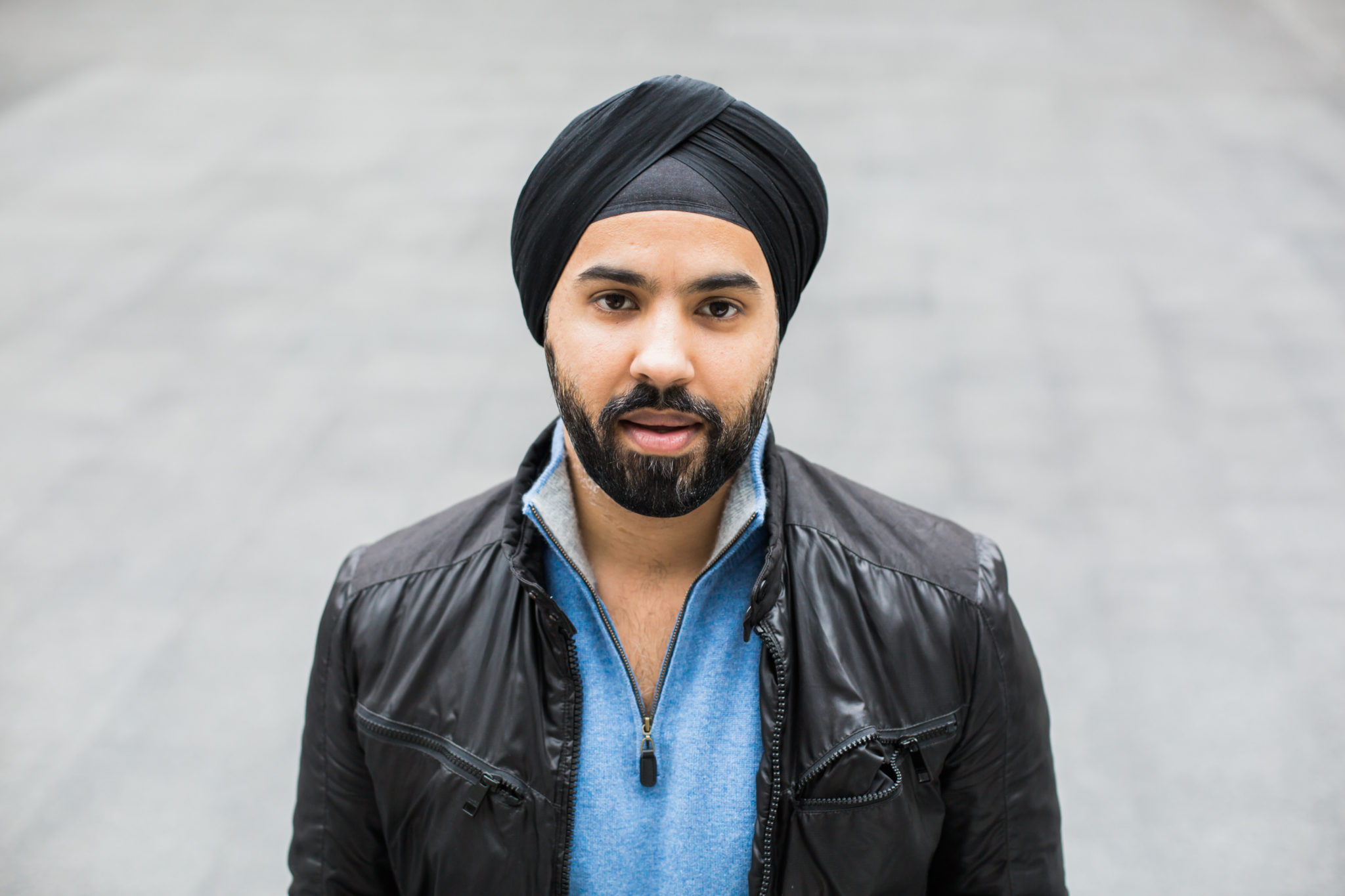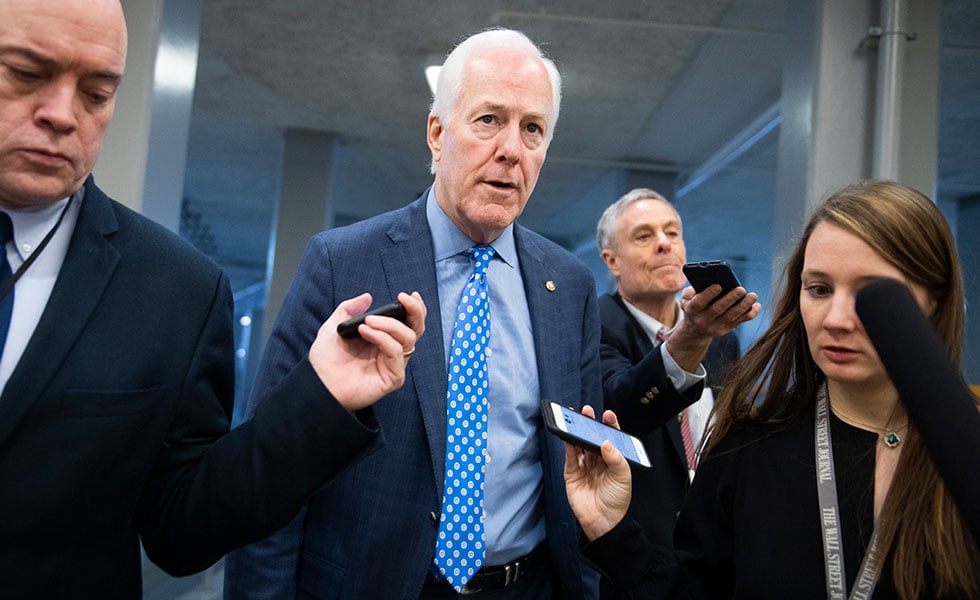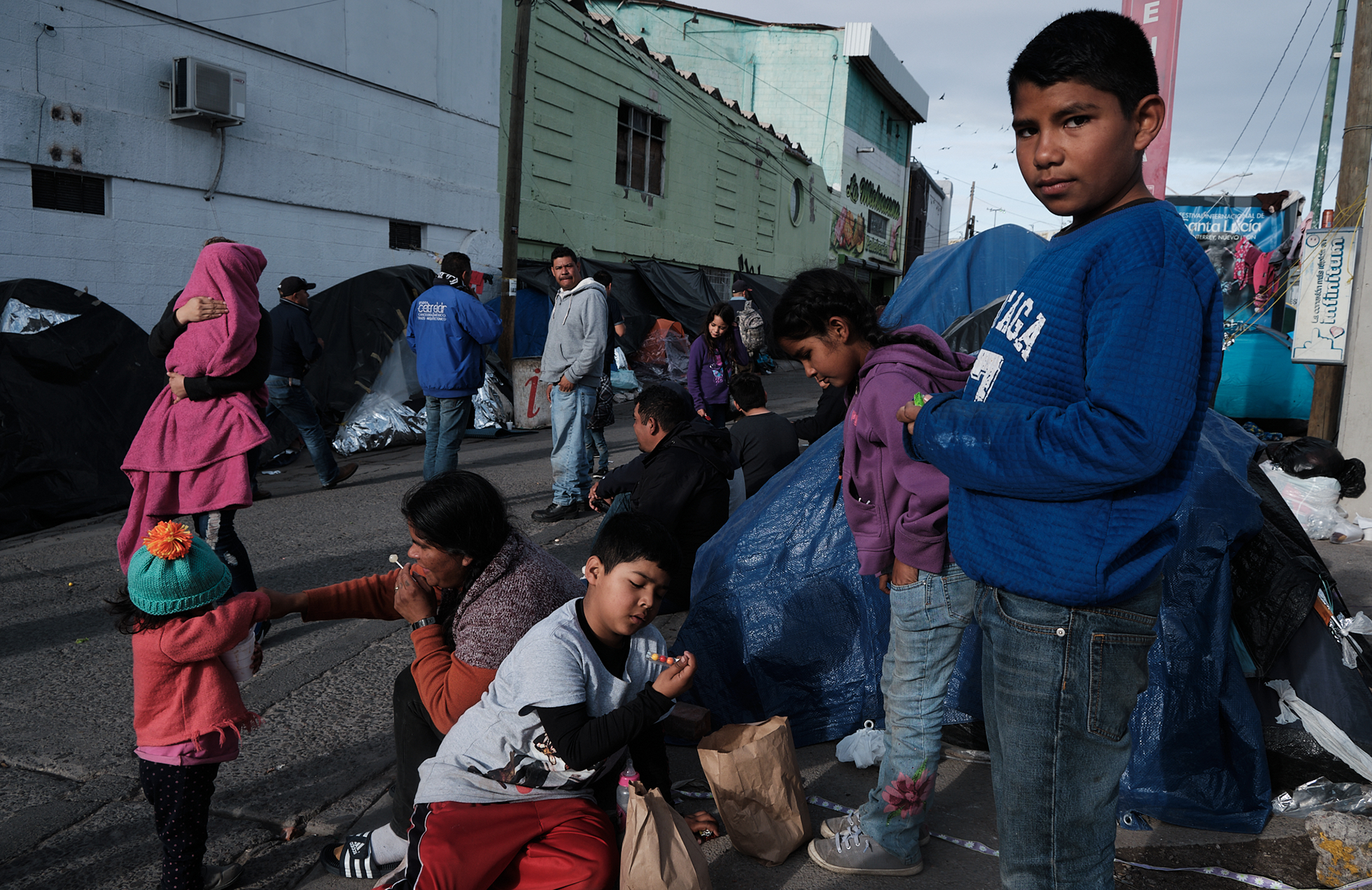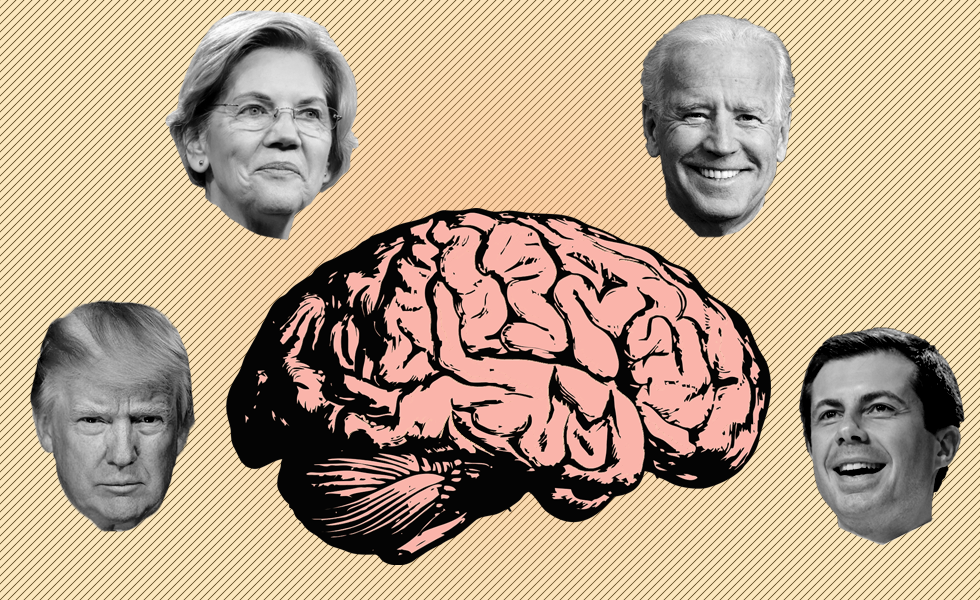
‘American Hate’ Author on Hate Crimes, Free Speech and Alex Jones
Author and civil rights attorney Arjun Sethi on listening to survivors, the difficulty of prosecuting hate crimes and what the media can do better.
Above: Author and civil rights attorney Arjun Sethi.
A mosque in Victoria, Texas, burns. Two black girls escape a deadly attack that claims the lives of two in Portland, Oregon. A Jewish family is chased out of their small Montana town by neo-Nazis.
These stories of hate capture the public spotlight for days, yet few hear of their aftermath, says Arjun Sethi. The Washington, D.C.-based civil rights lawyer and activist gives survivors of hate crimes during the Trump era an opportunity to reflect in his new book, American Hate: Survivors Speak Out. In advance of his Thursday evening appearance at Austin’s BookPeople, the Observer spoke with Sethi about the importance of listening to survivors, the difficulty of prosecuting hate crimes and what the media can do better.
Q: Why did you decide to structure the book as a collection of testimonies?
Hate pre-existed Donald Trump, and it will endure after him. But it is nevertheless a fact that Trump, through his policies and rhetoric, has emboldened hate across this country. I decided in the wake of the election to travel the country and meet with survivors in their homes, houses of worship and community centers to document what they were experiencing and how they were rebuilding despite losing so much.
Each chapter apart from the introduction and conclusion is a firsthand testimonial. That format gives agency to survivors. It allows survivors to tell their own stories in their own words, and gets us closer to a real sense of solutions. Survivors across the country are organizing, advocating, resisting, and if we want to understand how to combat hate and bigotry in this country, we have to speak with them.
How does the form of the book connect to your purpose?
I very intentionally decided to bookend the testimonials with Asmaa Albukaie, the first Syrian refugee to ever be settled in Idaho. She talked about how this country is extraordinary and gave her and her two sons a second chance. The last testimonial is Ruth Hopkins. She was born on the Standing Rock Indian Reservation. Ruth talks about the genocide and destruction of her communities, which were the foundation of the United States. So anyone who reads the book will see that America means very different things to different people. For Asmaa, it meant a new beginning. For Ruth, it has and will continue to mean persecution of her native, indigenous community.
One testimony that stood out to me was that of the Jabara family. Can you talk about that case?
The Jabaras fled Lebanon because of civil war and settled in Tulsa, Oklahoma. All was fine for many years until a white supremacist moved next door. He terrorized the family for years, called them things like “dirty Arabs,” “dirty Muslims” and “ISIS.” He then ran over Haifa Jabara in his car. She sustained very serious injuries and was hospitalized for weeks. The neighbor was arrested for this crime, but was then released on bond, after a new prosecutor was appointed to this case and didn’t know the case history. The man who ran over this woman was allowed to return home next door to the family he had terrorized. Months later, he murdered [Haifa’s son] Khalid Jabara on his front doorstep.
Khalid’s sister, Victoria, said: “When I think of Khalid’s murder, I don’t think there is any one single cause. It was hate, prosecutorial and judicial incompetence, racism and bias, mental health, gun violence and domestic violence. It was a terrible storm and it all resulted in my brother’s murder.” How do you prevent something like that?

The New Press
$24.99; 208 pages The New Press
If you talk to the family, they will tell you Khalid’s death resulted from bigotry and police bias, among other things. There’s a lot that should be done in the immediate aftermath of a hate crime. We need to ensure that survivors have access to health care, mental health support, have an advocate to help them navigate the spotlight of the media, of lawyers, of law enforcement prosecutors and white supremacists and other bigots who troll them for coming forward. We need to ensure that the impacted community at large feels comfortable and has the resources they need to move forward, because hate crimes do not just affect individuals, they affect entire communities.
In the book, I give other recommendations that communities can follow if they want to take on hate. They should ensure that every state has a strong hate crime law and lobby state legislators to include survivors in hearings across the country, so that they can tell their stories. I think we need legal hearings in every state in this country where survivors can talk about the everyday hate, sexism and misogyny they experience in Donald Trump’s America.
You mention the media as a possible avenue of change and offer some advice: center survivors. What does it mean for journalists to center survivors?
It means giving them a real opportunity to tell their stories and not reducing their pain and plight to a headline or soundbite. It means respecting their decision not to share and not stalking survivors. Some felt the media didn’t give them enough of a platform; others feel the media wouldn’t leave them alone. It means being respectful of their pain and trauma. The media should also learn more about hate groups, their ideologies and white supremacy so that coverage is more informed and commensurate with the threat a group poses. There is no reason to speculate about white supremacy and the rise of hate in this country. There are advocates who work on these issues every day who are experts who should be featured on television.
You ask the media in the book not to accept the status quo on language when it comes hate crimes. What are some examples of this?
White suspects are typically humanized, described as struggling with mental health issues, considered capable of rehabilitation. They are nearly always described as driven by personal grievance rather than by a hateful ideology, which is why news outlets love to call them loners. But when the suspect is Muslim or a person of color, they are usually described as evil terrorists, inspired by a hateful ideology, and incapable of rehabilitation. When white people commit acts of hate, it is critical that we call them hate crimes, because it allows us to see those crimes as interrelated and rooted in an ideology that is white supremacy, rather than as separate occurrences.
Facebook, YouTube and Spotify have decided to stop distributing Alex Jones’ Infowars. Much of the controversy surrounding that and his potential exodus from Twitter centers on the difference between free speech, no matter how deranged or harmful, and hate speech. How does that fit into hate crime legislation?
Survivors and vulnerable communities overwhelmingly favor tech companies taking a strong stand against hate. We’ve seen in stories in the book that cyber-trolling and online bullying can cause post-traumatic stress disorder. You don’t need physical harm to cause significant emotional trauma. Hate speech is enough.
One of the things that is most striking about conversations about hate speech online is how rarely they include survivors of online hate. I believe that if we included their voices, we would realize that those who are most impacted by dangerous, hateful free speech really want to see it curbed. And I think their voices should matter. But I also think that technology companies need to be responsible and publicly accountable as they curb hate online, which means there should be an appeals process for those removed. There should be information about how many accounts are being publicly removed. And the rules and regulations that govern hate speech and the removal of users should be public.
Prosecuting a hate crime, especially here in Texas, is very difficult. You have to prove intent. What do you see as the solution to that?
According to a controversial federal circuit court decision, federal prosecutors must show that hate is the sole motivating factor behind the hate crime, not just a substantial motivating factor. This means a suspect who vandalizes a mosque because he hates Muslims, but also because he hates the traffic the mosque causes in his community, would not be committing a hate crime. The federal statute should be rewritten and clearly state that so long as hate is a contributing factor, not the sole contributing factor, hate crime charges can be brought. We also need to ensure that every state has a strong hate crime law that covers misdemeanors and felonies as well as every protected characteristic, including faith, gender, disability, national origin, sexual orientation and the like.
The definition of a hate crime is a crime that would not have occurred absent the victim’s identity. As a consequence, hate crimes have a significant impact on survivors. It’s important to survivors and vulnerable communities that the government has their back.
If we call crimes motivated by hate “hate crime,” it allows us to connect the dots between them as rooted in white supremacy and anti-black racism, rather than separated, isolated occurrences. And finally, hate crime laws allow judges to prescribe restorative sentences, which is why in these cases we can see judges demand suspects learn about the community targeted or take a class at a local university about the community they targeted.
This interview has been edited for length and clarity.


